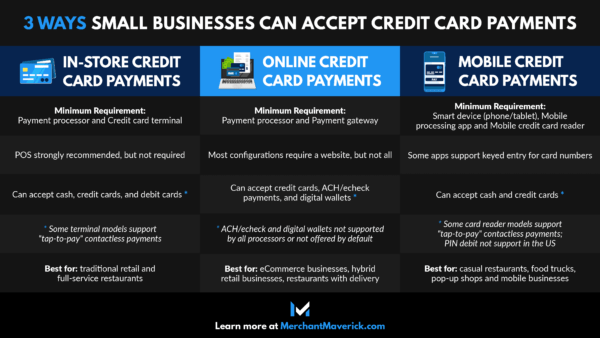During the last years in the international entrepreneurial ecosystem Much is said about Startups, a new type of companies characterized by rapid growth and high-level success.
In essence, startups are linked to business world technology-based since the most successful companies have emerged from this sector, but this does not mean that it is exclusive to other sectors.
A Startup starts from a innovative business idea, a small company that often does not have more than 5 people on its payroll, most of them contributing as partners, the viability of their ideas and basically innovation, which allows these companies to quickly scale and position themselves in the market.
These characteristics are part of a set that, worth the redundancy, characterize Startups and that we detail below:
1. Innovation: Innovation is essential in a startup and is part of its success, this will allow it to quickly occupy a position in the market it is targeting. Innovating does not necessarily mean “inventing something new” but also improving existing things or solving everyday problems in much simpler ways.
2. Rapid growth: A startup has an unusual growth period, it is perhaps much faster than any conventional company. Going from the validation of the idea to the placing on the market of the product, the possibilities of growth are very high. Some estimate that the average time of success of a Startup is one year, if during this year the company has not managed to take at least a market share or achieve acceptance of a certain niche, it will be necessary to rethink the business model.
3. Scalability: A startup must aim to be global and not focus on a single geographical area, scalability refers to the ease that we will have to replicate our business model towards other regions, countries, societies or customs. The more scalable we are, our success will be much more guaranteed.
4. Equipment: The team that makes up a Startup is another essential point, it is generally made up of the same partners who at the same time work as workers, this is very important since who better than oneself to guide their own company. A team committed to the company can achieve much more than entrusting them to third parties.
5. Little investment: Starting a startup does not require millionaire capital, at least at the beginning the investments made are minimal compared to others traditional businesses. In addition, there are many possibilities of accessing seed capital or angel investors who are hunting for startups with potential for success.
Startups and Seed Capital
Regarding the topic of Startup, it is necessary to talk about seed capital, as I describe in previous paragraphs, little investment is necessary to start a Startup but in addition to that there are companies, incubators and angel investors that constantly support new Startups with financing and mentoring to change of a shareholding.
These initial capitals help to promote and consolidate the development of a Startup and the best of all is that they are not difficult to find, clear examples are the case of Wayra, the telephone foundation and Startup Chile, the Chilean government’s support program for Startups .
The trend of startups
Startups are a boost for innovation and technological development in any country, we have seen that in the United States that has been going on for a long time. It is time to replicate the same in the countries to which we belong, the facilities are many, it is just a matter of starting to act. Make your business ideas On paper and try out a simple business model, start with it and validate your idea before launching it, this will save you a lot of time.
Plus tech business ideas:

























